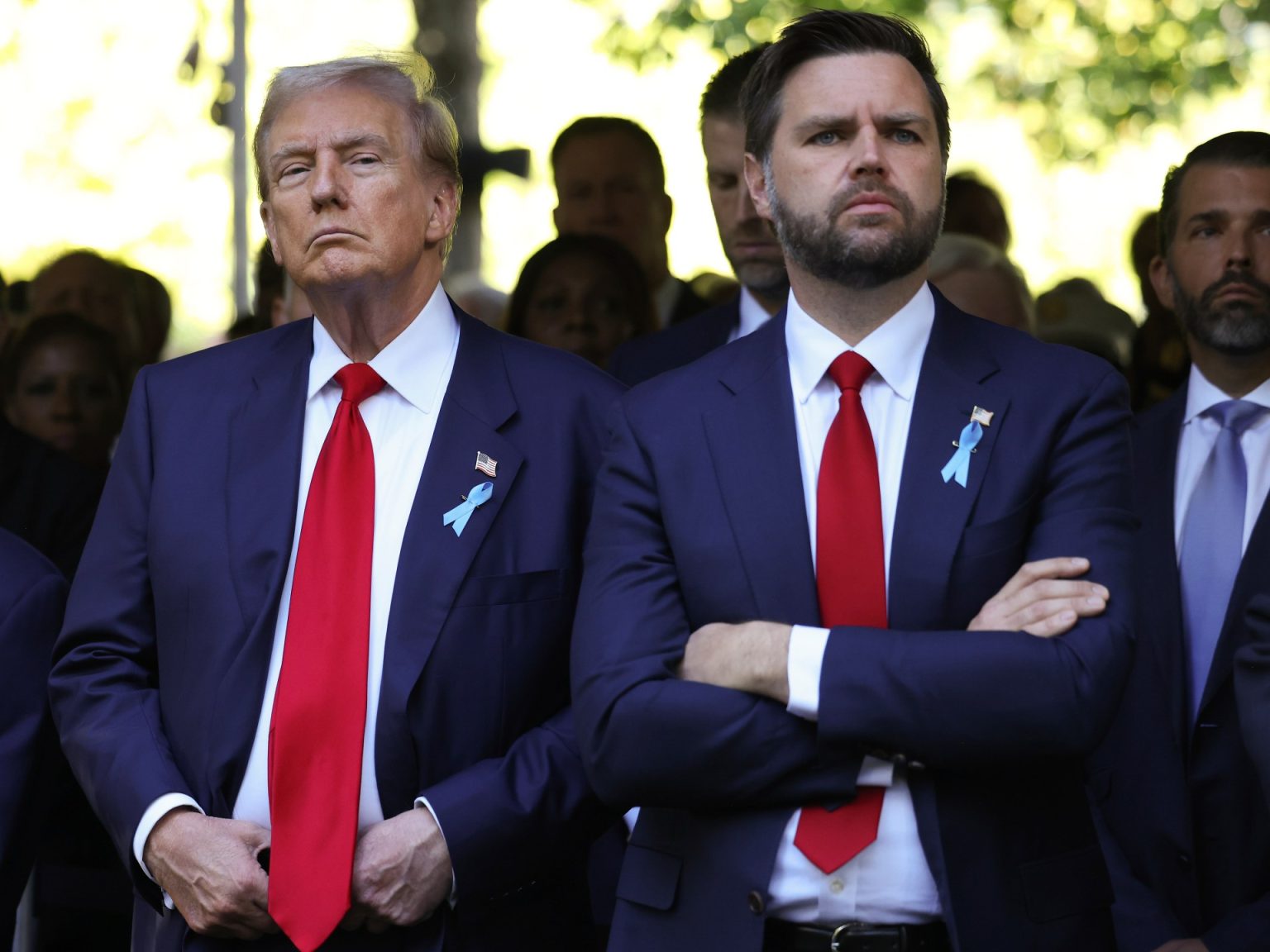In response to the spread of false information about Haitian migrants in the United States, rights advocate Guerline Jozef and the Haitian Bridge Alliance filed criminal charges against Republican presidential candidate Donald Trump and Senator JD Vance for spreading rumors about Haitian migrants in Ohio. The claims made by Trump and Vance have resulted in public disruption and safety concerns, leading the advocacy group to take legal action under Ohio state law. This effort aims to hold powerful figures accountable for their harmful statements and to protect vulnerable communities from hate speech.
The legal challenge filed by the Haitian Bridge Alliance relies on a unique Ohio law that allows private citizens to file criminal charges. While the outcome of this case remains uncertain, it raises important questions about free speech protections under the US Constitution. The First Amendment guarantees the right to free speech, but there are exceptions for certain types of speech, such as incitement and defamation. The case against Trump and Vance will likely involve a complex legal analysis of where these statements fall within the boundaries of protected speech.
Subodh Chandra, representing the Haitian Bridge Alliance, argues that Trump and Vance’s statements go beyond protected speech as they were intended to cause harm through the dissemination of persistent lies. The advocacy group has requested multiple criminal charges against the politicians and will seek additional charges related to inducing panic. Chandra emphasizes that the goal is not necessarily prosecution but to establish probable cause for the alleged crimes. The challenge highlights the power dynamics between public figures and the responsibility they bear for their statements.
The attacks on Haitian migrants in Ohio are part of a broader political strategy by Trump and his allies to criticize Democrats over immigration policies. The issue of immigration has become a contentious topic in US politics, with both parties using it as a focal point of their campaigning. The Haitian Bridge Alliance’s legal action is a response to the harmful rhetoric targeted at vulnerable communities and aims to demonstrate that such behavior cannot go unchallenged. The case raises important questions about accountability and the limits of free speech in a political context.
Despite the ongoing pushback against hateful rhetoric, comments like those made by Republican Congressman Clay Higgins continue to fuel anti-immigrant sentiments. Higgins’s derogatory remarks about Haitians and dismissal of legal actions against Trump and Vance underscore the persistent challenges faced by marginalized communities in the US. Advocates like Jozef remain resolute in their commitment to holding accountable those who target migrants and spread harmful falsehoods. The legal challenge symbolizes a broader struggle for justice and equality in a polarized political climate.
In conclusion, the legal action taken by the Haitian Bridge Alliance against Trump and Vance reflects a larger effort to combat misinformation and hate speech directed at vulnerable communities. The case highlights the complexities of free speech protections and the responsibilities that come with public advocacy. By challenging powerful figures and demanding accountability, organizations like the Haitian Bridge Alliance seek to protect the rights and dignity of all individuals, regardless of their background. The ongoing debate over immigration and refugees in the US underscores the urgent need for constructive dialogue and policies that promote inclusivity and respect for human rights.


